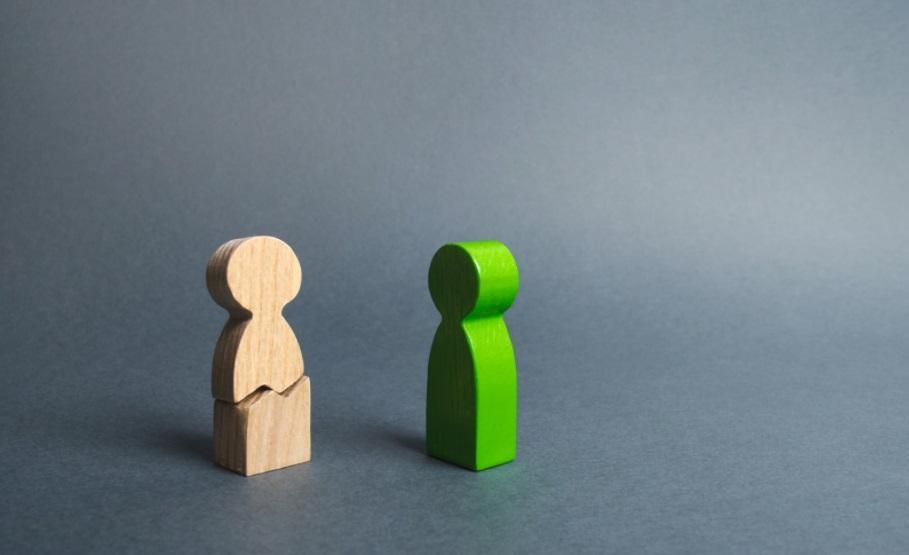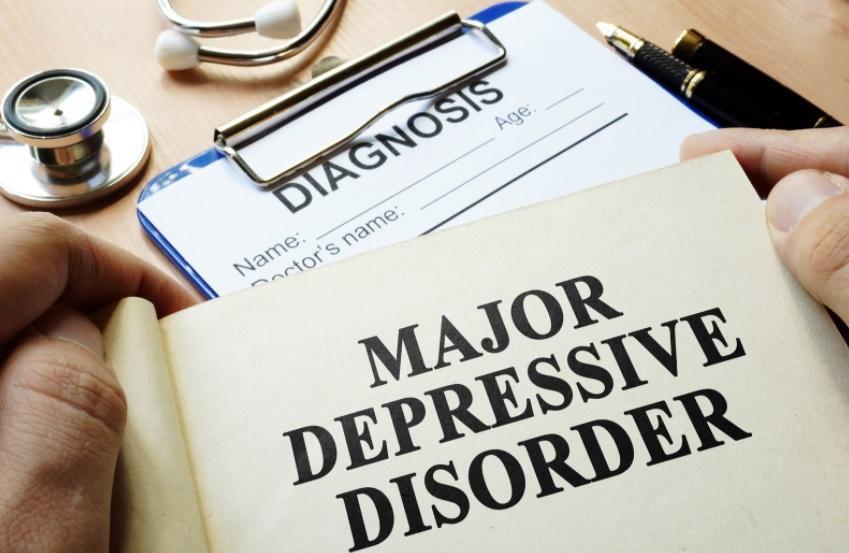Depression is a very commonly reported mental health problem and in some cases, it is so debilitating that people will say “I have crippling depression.” But what does someone mean when they say this? They mean they can’t get through common daily tasks that are as simple as eating, sleeping and functioning at work. This tends to happen with those who have experienced or are experiencing severe depression. The clinical term for this type of depression is Major Depressive Disorder or MDD. This type of depression is described as devastating, debilitating, and overwhelming.
WHO SUFFERS FROM DEPRESSION?
Studies show that major depression affects middle-aged people most commonly. These are persons between the ages of 45 and 65. They note that while this age group tends to be at the top bell of the curve, those at either end; the young and very old are at higher risk of severe depression.
WHAT CAUSES DEBILITATING DEPRESSION?
There are often no clear causes of any form of depression, but there are some factors that increase one’s risk of developing depression. Risk factors for having debilitating depression include:
- A family history of MDD
- Long-term depression
- Levels of high stress
- Hormonal and chemical changes in the body
- Illness
- Relationship disruptions
- Financial difficulties
LANGUAGE USED TO DESCRIBE DEPRESSION
Individuals with physical disabilities find it offensive when the word “crippling” is used to describe depression. They believe that this contributes to ableism and that it also diminishes the impact that a physical disability can have on the person who suffers from it.
The Center for Disability of Rights defines ableism as the set of practices and beliefs that discriminate and evaluate people who have physical, psychiatric, and intellectual disabilities.
DIAGNOSING DEPRESSION
Your patterns of symptoms and behavior are used to diagnose your depression. Your doctor may provide you with a questionnaire to help determine just how severe your depression may be. Doctors and mental health professionals are now seeing more debilitating depression than in previous years. Here are the symptoms you can look out for:
- Disturbances in sleep
- Lack of interest in people and activities
- Difficulty getting through work tasks or the day
- Poor personal hygiene
- Changes in weight
- Severe mood swings
- Changes in temperament
- Finding it hard to concentrate
- Thoughts of suicide
- Frequent backaches or headaches
CAN I DIAGNOSE MYSELF?
You cannot diagnose yourself with a self-test, but it can help you determine if you should talk to your doctor or some type of mental health professional. Take the following self-test, if you answer yes to 4 or more of these questions, or if you have any thoughts of self-harm, you should request an appointment to speak with a professional.
- Are you having trouble falling asleep or staying asleep?
- Do you find you are no longer interested in activities and hobbies which used to excite you and bring you joy?
- Have you been missing work more often and feeling like you are in too much pain or too tired for work?
- Are you thinking of harming yourself or having thoughts of suicide?
- Has your appetite changed unexpectedly?
- Do you have days when you feel you don’t have the energy to go through your everyday tasks?
TREATMENT FOR DEPRESSION

Do you struggle with depression?
We have clinicians expert on depression, feel free to read about them, or book a free consultation to review your situation.
Major depression is treated in some of the same ways that other types of depression are treated. The difference may be in the intensity of the process. Treatment for depression can include any of the below:
Psychotherapy
This is also known as talk therapy and it is a very common treatment for depression. Those who have debilitating depression can find relief from regular therapist visits. Your therapist works during these sessions to help you to learn how to adjust your stressors and also how to react in ways that are better for your emotional health.
Medication
People suffering from Major Depressive Disorder are typically prescribed antidepressants. Other forms of depression are less often treated with medication. The drugs prescribed work by regulating hormones and chemicals that are creating an imbalance for the neurotransmitters that affect mental and emotional health.
Electroconvulsive Therapy – ECT
When other treatment options have failed, this is the net option in the arsenal. The treatment is carried out by a doctor who will electrically stimulate parts of the brain while the patient is under anesthesia. The aim of this treatment is to alter brain chemicals so that the symptoms of depression can stop.
Hospitalization
Those with debilitating depression may not be able to care for themselves properly or may consider suicide. In these cases, it may be necessary for these individuals to be hospitalized for the short term. When hospitalized they may often receive in-patient medication as well as therapy or group counseling. The aim of this treatment is to get the patient back on their feet enough to leave the hospitality and be able to take care of themselves while getting back to a normal life.
FIND THE HELP YOU NEED NOW
If you are having thoughts of self-harm or suicide, you should call the Substance Abuse and Mental Health Services Administration Helpline. The number is 1-800-662-HELP (4357). The resource is available 24/7 and is staffed with trained specialists who can help you get through a rough spot. They can also help you find treatment if you do not have health insurance.
OUTLOOK FOR PERSONS SUFFERING FROM MDD

MDD can be treated successfully in most cases. The patient, along with their doctors and therapist can work together to find the right combination of treatments that work for their specific case. Treatment can be adjusted as life and symptoms change and improve.
Here at Estadt, we understand that depression can indeed feel like a disability and depression may even be a risk factor for disability in the future. Treatment and prevention of recurrence are necessary to keep depression at bay so you can live a healthy and happy life.
It is important to note that treating depression takes time, especially for those having the sentiment “I have crippling depression.” You will need the love and support of your family to help keep you accountable as you go through your treatment plan with your mental health professional.
Do you struggle with depression?
We have clinicians expert on depression, feel free to read about them, or book a free consultation to review your situation.
